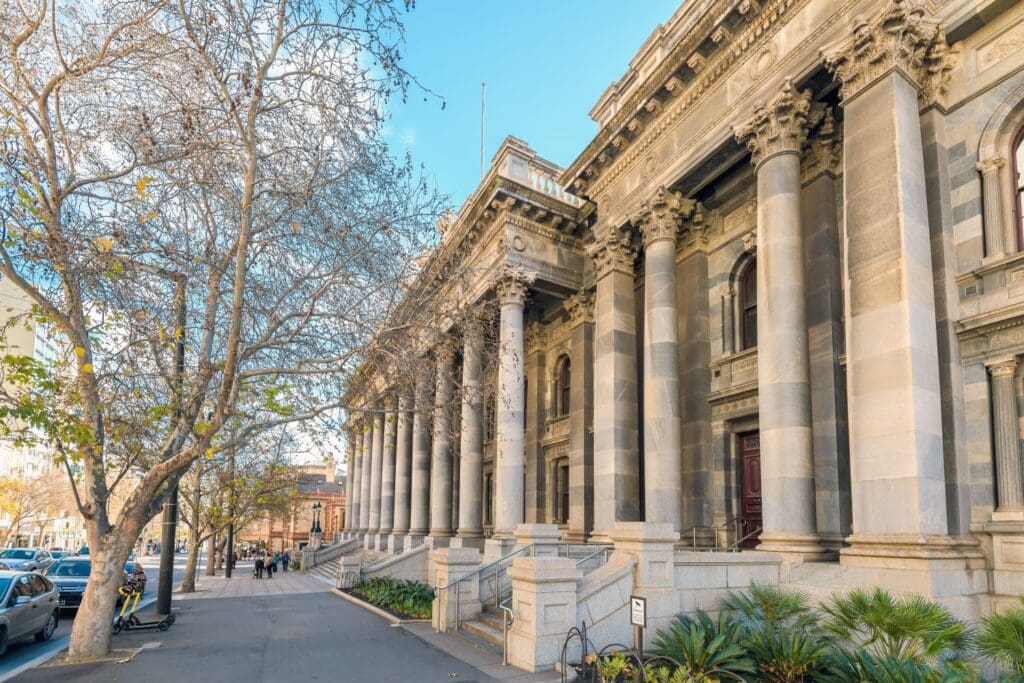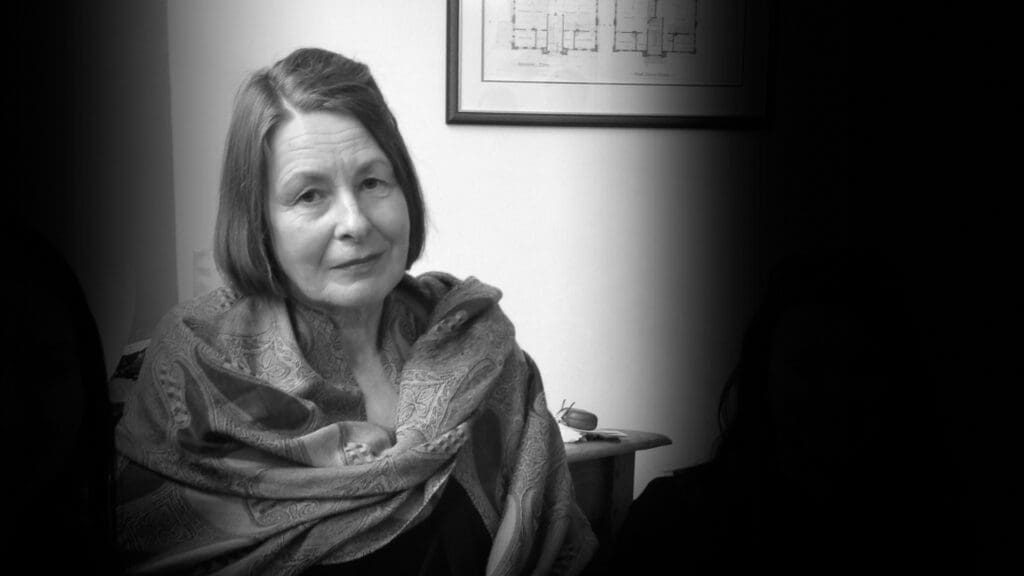Parliament should reject Morrison’s attempt to impose cashless control card in the NT
The Morrison Government’s attempt to force a new form of income control in the Northern Territory should be opposed, the Human Rights Law Centre has told a Senate Committee inquiring into the Bill.
Adrianne Walters, Senior Lawyer at the Human Rights Law Centre, gave evidence to the Senate inquiry and said that compulsory income quarantining intrudes upon the freedom and autonomy of individuals and families.
“This is the Government micro-managing people’s lives – denying them the freedom to make decisions about where to buy things like food and clothes, and the option of buying cheaper goods with cash. Imposing a blanket law that forcibly restricts how and where a person can spend their money, fails the human rights test,” said Walters.
Eighty-two per cent of people likely to be affected by the Bill are Aboriginal people. A number of NT Aboriginal organisations this week told the Committee that they oppose the Bill and want 12 years of discrimination under Income Management to come to an end.
“At its core, this is a discriminatory and coercive policy. In remote areas, it effectively punishes people who have no choice but to turn to the social safety net because of the lack of paid jobs in their communities. Rather than fix this injustice, the Government is seeking to broaden it,” said Walters.
“Aboriginal people in the NT have borne the brunt of a failed policy for 12 years – it is their expertise that should inform what happens next. It is deeply disappointing that instead of listening to those experiences, the Government is trying to rush a new far-reaching social policy experiment through Parliament,” said Walters.
The Bill would see around 22,000 people in the NT moved from Income Management, which was first introduced with the 2007 NT Intervention, to the Cashless Debit Card. Under both schemes, most people have at least 50% of a small social security payment compulsorily quarantined and restrictions imposed on how that money is used, regardless of how well they were managing their lives or the hardships caused.
The Bill gives the Minister the power to increase the amount of money quarantined from 50% to 100% with minimal safeguards or Parliamentary oversight.
“This Bill gives the Minister a dangerous and unacceptable amount of power over the lives of thousands of Territorians. This is a power to restrict a basic freedom most of us take for granted – the freedom to control how we manage our lives,” said Walters.
The Parliamentary Joint Committee on Human Rights has repeatedly expressed concern about compulsory income quarantining, describing it as “an intrusive measure that robs individuals of their autonomy and dignity and involves a significant interference into a person’s private and family life.”
Media contact:
Michelle Bennett, Communications Director: 0419 100 519
Media Enquiries
Chandi Bates
Media and Communications Manager

Malinauskas Government must take historic opportunity and adopt Human Rights Act after inquiry recommendation
The Human Rights Law Centre has congratulated the South Australian parliamentary inquiry recommendation for a South Australian Human Rights Act.
Read more
Legal challenge filed against Tasmanian Parole Board’s decision to gag free speech
The Human Rights Law Centre has filed legal proceedings on behalf of Tasmanian grandmother, Susan Neill-Fraser, to challenge a restrictive parole condition placed on her by the Tasmanian Parole Board seeking to limit her ability to speak to the media.
Read more
University of Melbourne urged to drop repressive anti-protest and surveillance policies
The University of Melbourne is being urged to abandon policy changes that restrict staff and students’ right to protest and permit the widespread surveillance of people using their wifi network.
Read more


